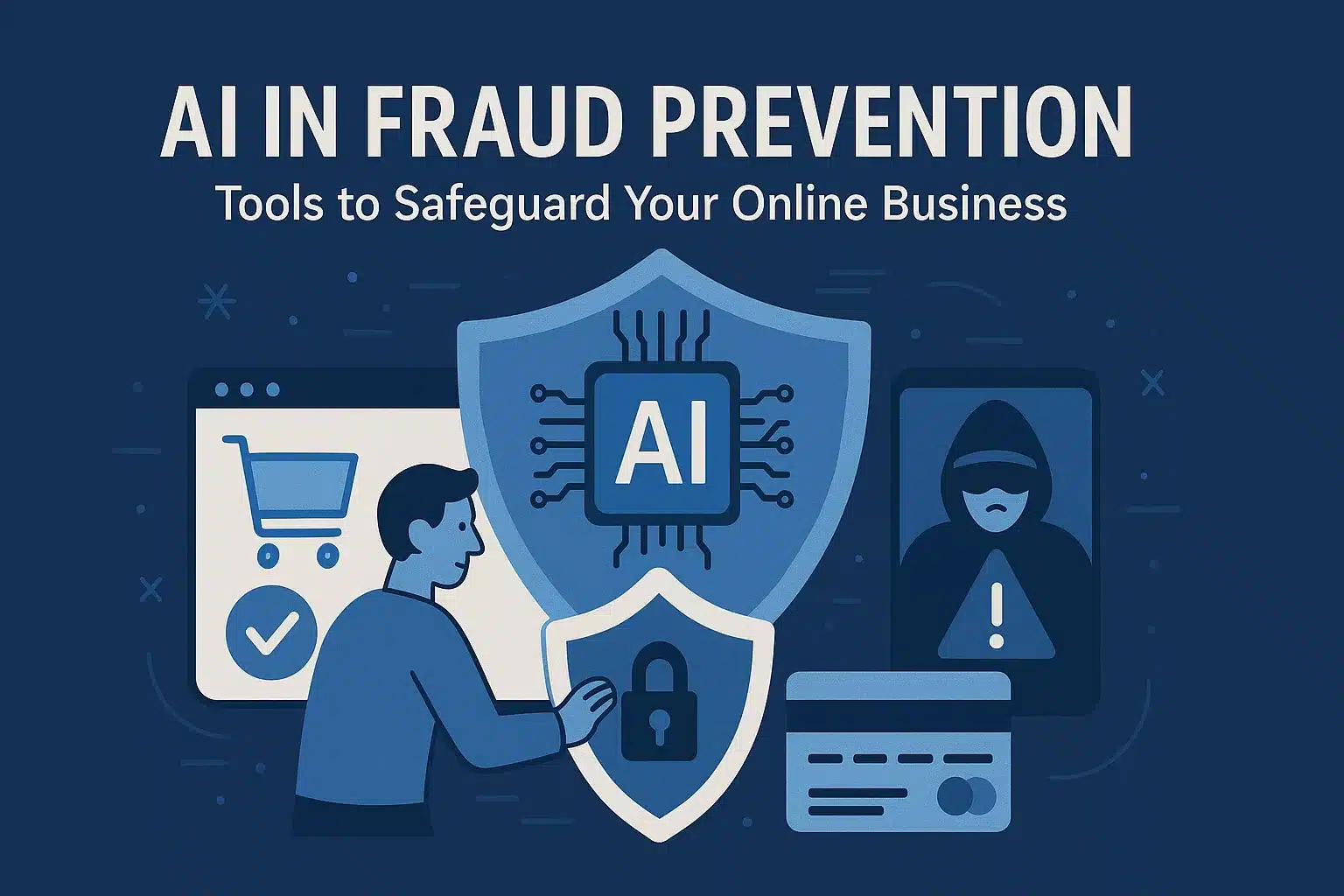Fair Labor Standard Act: A Comprehensive Guide With Online Fair Labor Standard Act Training
Millions of hard-working Americans are victims of wage theft each year. This insidious problem robs employees of their hard-earned income and creates an unfair competitive advantage for unscrupulous employers. But there’s hope. The Fair Labor Standards Act (FLSA) is a powerful tool designed to protect workers’ rights and ensure fair compensation.
In this comprehensive guide, we’ll delve into the intricacies of the FLSA, explaining how it safeguards employees and the potential consequences of non-compliance. We’ll also explore the importance of Fair Labor Standards Act training and how Coggno can help you navigate this complex landscape with their FLSA training courses.
Save Thousands Of Dollars With Coggno Prime Subscription
What Is The Fair Labor Standards Act (FLSA)?
The Fair Labor Standards Act (FLSA) is a federal law that establishes minimum wage, overtime pay, recordkeeping, and child labor standards affecting full-time and part-time workers in the private sector and in Federal, State, and local governments. Enacted in 1938, the FLSA has been a cornerstone of labor law, providing essential protections for millions of American workers.
Understanding The Fair Labor Standards Act Purpose
What Did The Fair Labor Standards Act Do?
The FLSA casts a wide net, protecting most American workers. The law ensures that workers receive fair compensation and benefits from hourly employees to salaried professionals.
However, it’s essential to note that certain occupations and employees are exempt from specific FLSA provisions.
Exempt Vs. Nonexempt Employees:
A crucial distinction in FLSA compliance is classifying employees as exempt or nonexempt. Exempt employees are generally salaried workers who meet specific criteria and are not entitled to overtime pay. On the other hand, nonexempt employees are eligible for overtime pay. Misclassifying employees can lead to severe legal consequences.
Key factors determining Fair Labor Standards Act exempt employees status:
- Job Duties
- Salary level
- Pay basis
Understanding the nuances of exempt and nonexempt classifications is vital for employers to avoid costly FLSA violations.
Minimum Wage: A Floor For Wages
One of the most recognized aspects of the FLSA is the federal minimum wage. It mandates that employers pay a specific hourly rate, ensuring workers receive fair labor compensation. While the federal minimum wage is a baseline, many states and cities have implemented higher minimum wages to provide additional worker protection.
Fair Labor Standards Act Overtime Pay: When And How Much?
Overtime pay is a cornerstone of the FLSA, safeguarding workers from wage theft. To be eligible for overtime, employees must work more than 40 hours in a workweek. The overtime rate is one and a half times the regular pay rate.
Overtime Pay Calculations:
Calculating overtime pay can be complex, especially for employees with varying pay rates or multiple jobs. Employers must adhere to specific guidelines to ensure accurate overtime calculations.
Common Overtime Pay Mistakes:
- Improperly calculating the regular rate of pay
- Failing to include bonuses and commissions in the regular rate
- Misclassifying employees as exempt
Employers can avoid costly errors and maintain compliance by understanding the intricacies of overtime pay.
Recordkeeping Requirements: A Paper Trail To Compliance
Maintaining accurate and complete employment records is essential for FLSA compliance. The FLSA mandates employers to keep records of employee names, addresses, Social Security numbers, hours worked, wages paid, and other relevant information.
Essential Recordkeeping Components:
- Timekeeping systems
- Wage payment records
- Overtime calculations
- Tip records (if applicable)
Adhering to strict recordkeeping requirements helps ensure compliance and provides valuable data for payroll, tax, and labor disputes.
Child Labor Laws: Protecting Young Workers
The FLSA imposes stringent restrictions on the employment of minors to protect their education, health, and safety. These regulations vary based on age, work hours, and permissible occupations.
Key Child Labor Provisions:
- Age restrictions for different types of work
- Limitations on work hours
- Prohibitions on hazardous occupations
Employers must carefully review child labor laws to ensure compliance and avoid penalties.
The Cost Of Non-Compliance: Penalties And Damages
FLSA violations can result in significant financial penalties for employers. The Department of Labor (DOL) can investigate potential violations and impose penalties, including back wages, liquidated damages, and civil monetary penalties.
Potential Consequences of Non-Compliance:
- Back wages for affected employees
- Liquidated damages equal to the amount of unpaid wages
- Civil monetary penalties
- Negative publicity and damage to reputation
FLSA compliance training can help employers mitigate risks and protect their bottom line.
Why Invest In Fair Labor Standards Act Training?
Understanding the FLSA is a legal requirement and strategic business decision. By investing in FLSA compliance training, you can:
- Mitigate Legal Risks: Stay ahead of regulatory changes and avoid costly penalties.
- Enhance Employee Morale: Demonstrate your commitment to fair wages and working conditions.
- Build a Strong Employer Brand: Attract and retain top talent by fostering a positive work environment.
- Improve Operational Efficiency: Streamline payroll processes and reduce errors.
Take Fair Labor Standards Act Training From Coggno And Meet FLSA Compliance
Coggno offers a comprehensive suite of FLSA compliance training courses designed to meet the needs of businesses of all sizes. Our online platform provides flexibility and convenience, allowing employees to learn independently.
Key Benefits of Coggno’s FLSA Training:
- Expert-Developed Content: Our courses are created by industry experts to ensure accuracy and relevance.
- Interactive Learning Modules: Engage employees with interactive elements to enhance knowledge retention.
- Customizable Training Paths: Tailor courses to meet your organization’s specific needs.
- Certification and Reporting: Track employee progress and generate compliance reports.
- 24/7 Support: Our dedicated support team can assist you with any questions or concerns.
Get Started With Coggno
Invest in FLSA compliance training for your employees and protect your business. Below are the seven best FLSA compliance training available at Coggno:
Training 1: Fair Labor Standards Act: FLSA For Managers
This brief course is for managers and supervisors. In just nine minutes, you’ll gain a solid understanding of the Fair Labor Standards Act (FLSA). You will learn who is covered by the FLSA, how it impacts wages and overtime pay, and the law’s regulations on youth employment and recordkeeping. While no certificate is offered, this course provides essential knowledge to help you ensure compliance and avoid potential legal issues.
Training 2: Fair Labor Standards Act: FLSA For Employees
This concise course empowers employees with knowledge about their rights under the Fair Labor Standards Act (FLSA). In just 7 minutes, you’ll learn the basics of minimum wage, overtime pay, and who the FLSA covers. You’ll also understand the difference between exempt and nonexempt employees and how it affects your wages. While there’s no certificate, this course provides valuable information to help you ensure you’re being paid correctly.
Training 3: Wage & Hour Compliance (FLSA) Made Simple Course
This comprehensive course is for supervisors and managers. It breaks down complex FLSA regulations into easy-to-understand terms. Learn about employee classification, wage and overtime requirements, recordkeeping, child labor laws, and the consequences of non-compliance. By completing this course, you’ll learn to protect your company from costly lawsuits and penalties. Upon completion, you’ll earn a certificate demonstrating your understanding of FLSA compliance.
Training 4: Wage & Hour Basics Course
This 45-minute course is for managers responsible for employees under FLSA and state wage, overtime, and break laws. Learn the fundamentals of minimum wage and overtime regulations and potential legal pitfalls like scheduling, recordkeeping, and break policies. Understand the difference between exempt and nonexempt employees under federal and state law. Upon completion, you will earn a certificate demonstrating your wage and hour compliance knowledge.
Training 5: Wage & Hour Basics: CA Managers And Supervisors Course
This 45-minute course is for California managers and supervisors. It provides in-depth knowledge of both federal (FLSA) and California state wage and hour laws. Learn about minimum wage, overtime, meal, and rest break requirements specific to California. Understand the common pitfalls that lead to wage and hour lawsuits, such as scheduling and recordkeeping. By completing this course, California-based managers will gain the confidence to ensure compliance and mitigate legal risks. You’ll receive a certificate verifying your understanding of California wage and hour laws upon completion.
Training 6: California Time And Labor: California Time And Labor For Managers
This course is for managers operating in California. It focuses on the unique overtime regulations in the state, which differ from the federal FLSA. In this course, you’ll learn the distinction between exempt and nonexempt employees under California law and understand the overtime requirements for daily and weekly hours worked. Discover exceptions to the overtime rule and gain practical tips to ensure accurate payroll and compliance with California labor laws. While this concise 6-minute course doesn’t offer a certificate, it provides essential knowledge for managers operating in the state.
Training 7: California Time And Labor: California Time And Labor For Employees
This short course informs California employees about their rights under state labor laws. Unlike the federal FLSA, California requires overtime pay for hours worked beyond 8 hours in a day or 40 hours in a week. Under California law, you’ll learn the difference between exempt and nonexempt employees and understand how overtime is calculated. Discover important tips to ensure you receive the correct work wages. While there’s no certificate, this course empowers you with knowledge about your rights as a California employee.
Note:
- Don’t wait until it’s too late.
- Take the proactive step to ensure your business fully complies with the FLSA.
- Contact Coggno today to learn more about our FLSA training solutions.
Bottom Line
Ignorance of the law is no excuse. Understand your rights or responsibilities under the FLSA and ensure fair treatment. Coggno’s FLSA training courses with certificates can help you bring compliance and safeguard your rights and interests.
Don’t let wage theft or non-compliance hold you back. Invest in Fair Labor Standards Act training courses today. Contact Coggno for more information on Fair Labor Standards Act courses.
Maximize Training, Minimize Costs With Coggno Prime




















